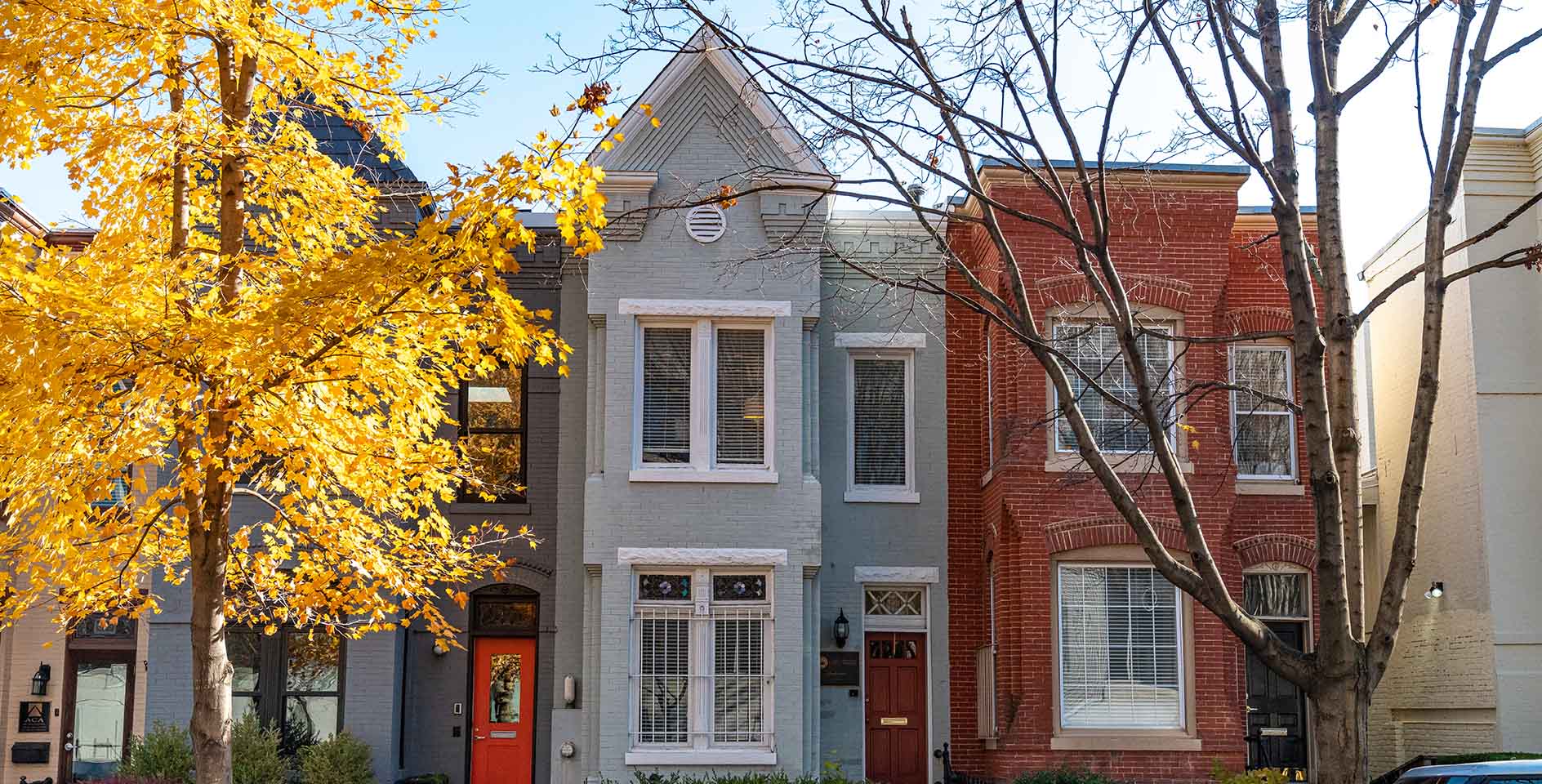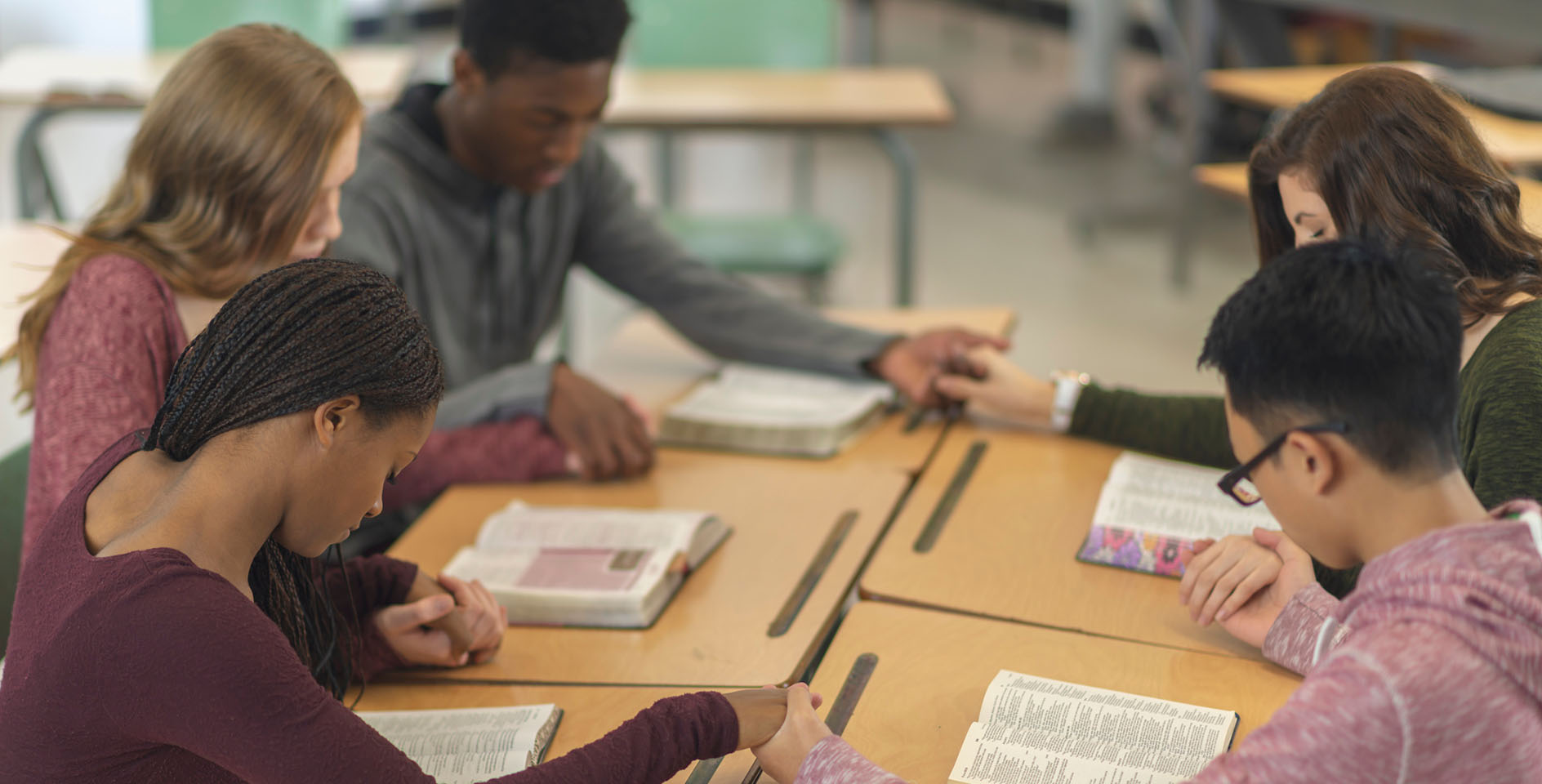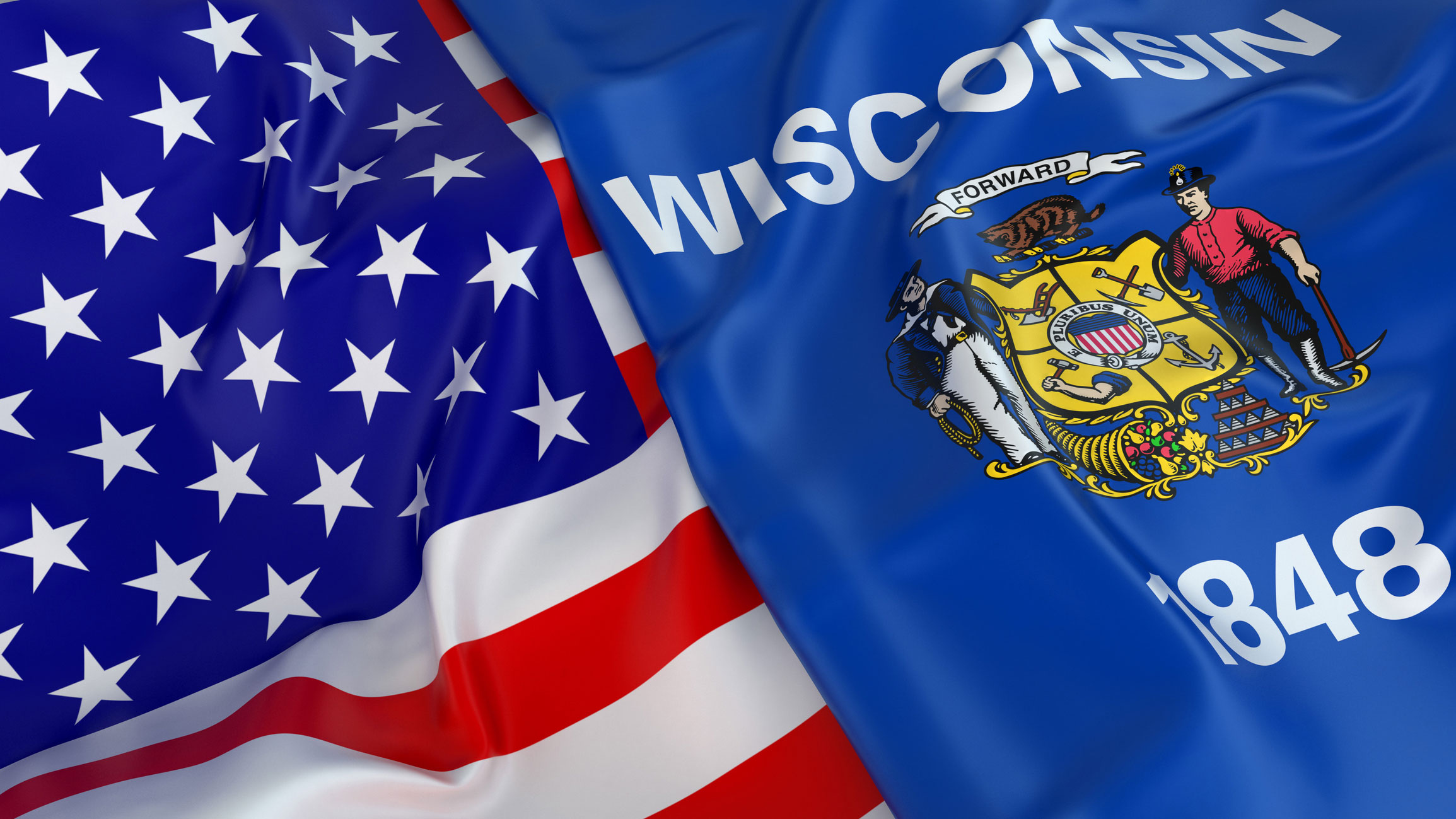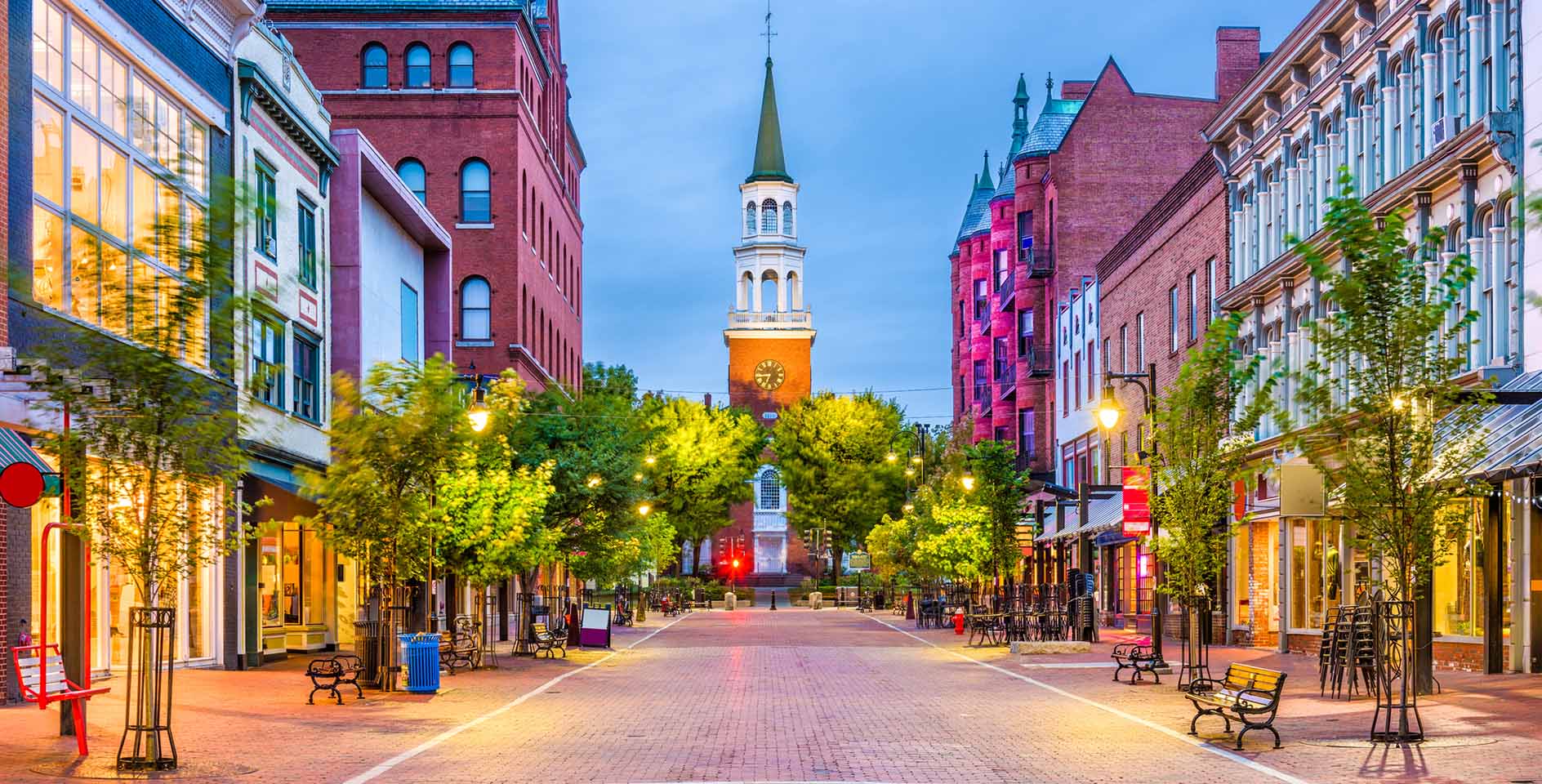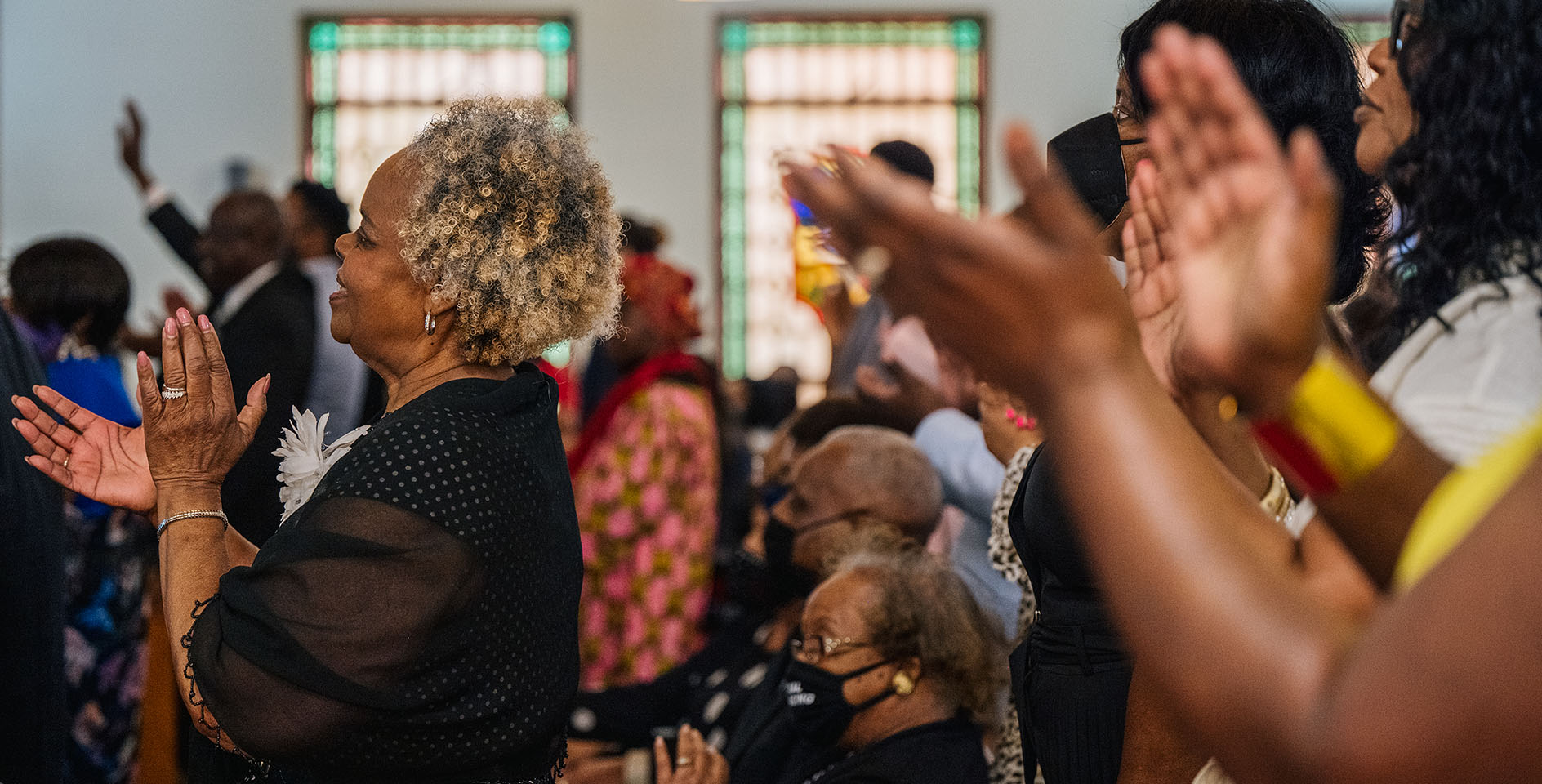In a recent conversation with a friend, he expressed a sentiment that surprised me: “Well, I have no problem with there being a Muslim in the neighborhood. But I don’t see a problem with the city preventing them from building a mosque in town.” I was surprised because this is a person who, though not a Baptist, has always expressed agreement with religious liberty. However, what he really wanted was religious toleration. His faith, conservative Christianity, would be the preferred state (even if not enshrined in law) and all others could be practiced privately, but in the public, they would be limited.
In fairness to my friend, he expressed this in reference to his children. There was a fear that they might convert to another faith or choose no faith at all, a growing choice for young adults and teenagers. This is a choice that is easy in a town such as Nashville where there are five mosques, a Hindu temple, Jewish synagogues, Shinto places of worship, and a growing population who are unchurched or have no religious affiliation.
So, amid this growing religious diversity, what are Christians to do? Should we merely tolerate other religions? What do we do with religious diversity?
If we look to an early American Baptist minister, John Leland, we can find some answers that are helpful to the current moment.
Defending the truth with words, not force
Writing at a time just after the American Revolution, John Leland was hoping to secure religious liberty for Baptists in Virginia. They needed permission and license from the Anglican church to preach. While the religious diversity then was a diversity of Protestant denominations (and thus is different from the religious diversity of my friend’s neighborhood), the sentiment expressed was the same: Practice your faith, but why do you need to build churches or preach? Just do it privately.
Leland argued in a sermon, “The Rights of Conscience Inalienable,” that the government has no authority to support or suppress a religious belief. In fact, the truth needs no defense from the government. It gains honor through the acceptance of its claims through persuasion, not the “law and sword” of its persuaders. The early apostles and evangelists did not go out and conquer the world with their swords. They went out with the force of their claims about the person and work of Jesus Christ.
It is a central tenet of Baptist life that we must come freely to the cross. I can no more compel a friend or child to come to Christ than I can be compelled to truly worship the Hindu god Ganesh. True belief is freely chosen. What my friend wanted was a Christendom that would teach and lead his daughter to Christ. I understand the sentiment, but ultimately, we each are responsible for the choice we make about matters of faith. Whether we grow up in the Bible Belt surrounded by churches or in the Middle East where Islam is the state religion, it is not the buildings on our street that save us.
So, any government that favors any faith, whether by violence or law, is toxic to true faith and belief. It leaves behind, at best, a half-faith of cultural Christianity.
Ready to give an account
When my friend spoke about the mosque, he did so out of a genuine concern. He wants to be sure that his daughter will come to faith in Christ. Anything that may prevent this should be avoided if possible. Although I don’t have children, I understand the desire to prevent them from abandoning or forsaking the church. But as Christians, we do not act from a place of fear, but confidence.
John Leland was fully persuaded that if he could proclaim his faith in the public square, the truth would be recognized. It was “error alone” that needed a strong defender, not truth. Truth was honorable and powerful. While this seems optimistic in an age of falsehoods, “Fake News,” and bias, there is an element of truth there. Another Baptist minister, Charles Spurgeon, would later say that defending the Word of God is as useless as defending a lion. All you have to do is set the lion free, and he will defend himself.
Similarly, Christians should not be afraid to bring their ideas into the marketplace and debate them. The Apostle Peter tells us to stand ready to give an account of the hope within us (1 Pet. 3:15). The Apostle Paul made it a point to go into the public spaces where ideas were discussed and debate passionately and winsomely about the truth of the gospel (Acts 17:16-34). These apostles were not seeking governmental protection. They did not shut down their opponents or argue to have their temples destroyed.
Boldness of proclamation comes from an earnest belief. You will not defend with your life what you do not know to be true. In the same way, Christians should rest in the confidence that the truth of God will accomplish the will of God. We do not need a government to protect our faith. We need a faith that is grounded in unshaking confidence of the gospel.
I understand the fear that my friend had. He rightly recognizes that the culture around his children is rapidly changing. While we are not yet in a “post-Christian” world like that of Western Europe, there is a definite shift away from Christianity. And in some ways, such as the decline of cultural Christians, this is a good thing. We now know our mission field. It is the house next door. But we should not hope for a Christendom of uniform belief. We should hope that we would be as bold as Leland in arguing for the rights of conscience. We should not be afraid of the shifting religious landscape. We should welcome it as a chance to engage others with the truth that has been revealed to us.





